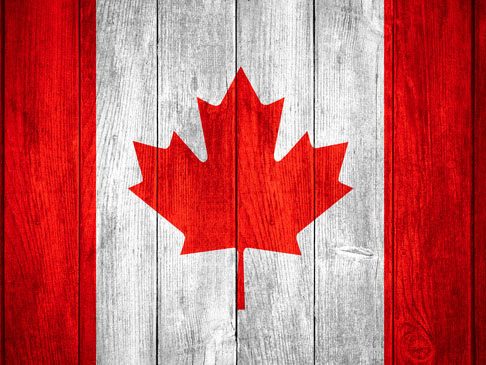

As the leading provider of apostille services in Canada we answer a lot of questions about this often-confusing process. This brief article guides you through how to navigate your documents through all three steps of the process, answering some of your questions and pointing you to additional sources of help and information.
The Canadian apostille process is used to verify the authenticity of a Canadian document in a way that allows this document to be officially recognized in another country. There are a huge range of documents that can be apostilled – click here for information on many of the most common documents we apostille for our clients. And there is an even greater range of reasons that people and companies need to have these documents apostilled.
No matter which documents you need apostilled, there will be three steps to this process:
Step 1: Prepare your documents – It is essential that your documents are prepared properly before you start the Canadian apostille process. This involves ensuring your documents meet all the requirements of Global Affairs Canada (Step 2) and the relevant embassy or consulate where they will be processed (Step 3). Preparation can require notarization, having certified true copies made, having your documents translated, and providing supporting documents. Unfortunately, each embassy and consulate sets its own unique requirements for the Canadian apostille process, so each situation is different.
Step 2: Authentication of your documents – The second step of the Canadian apostille process is to submit your carefully prepared documents to Global Affairs Canada for authentication. Their staff will review your documents, and if all is in order will place a large red stamp directly on each document, confirming that they have been authenticated.
Step 3: Legalization of your documents – Lastly, you need to submit your documents to the embassy or consulate of the country where they will be used. The embassy or consulate staff will review your documents to confirm they meet all their requirements. If satisfied, the embassy or consulate staff will place a stamp or sticker directly on each document, confirming that it has been legalized.
Once your document has been legalized you have completed the Canadian apostille process, and your documents will now be officially recognized in this country.
There is a lot about the Canadian apostille process that can be very confusing. We’ll touch on the three most common areas of confusion here.
First, there are a number of different names for the Canadian apostille process. Many people use the term “apostille”, and we’ve used this term throughout this article. However, the proper name for the Canadian apostille process is actually the “document authentication and legalization” process. In Canada, the terms “apostille” and “document authentication and legalization” both refer to the same process.
Second, it can be frustrating and time-consuming to try and find the information you need. As described above, you need to ensure your documents meet the requirements of Global Affairs Canada and the relevant embassy or consulate. If you submit documents that are prepared incorrectly they will be returned unprocessed, wasting significant time and forcing you to start again from the beginning.
And third, there is frequently confusion about whether an apostille is actually needed. Some countries require an apostille on all Canadian documents, some require this only on some documents or in some situations, and some countries don’t need an apostille. We advise that you confirm if you require and apostille directly with the person or organization you are sending your documents to.
For more details on how the Canadian apostille process can be confusing We have addressed the sources of confusion in the Canadian apostille process in more detail our article called The Canadian Apostile Process: Cutting Through the Confusion.
Our website is stuffed full of information on the Canadian apostille process – click here for a great place to start your research. The Global Affairs Canada website has information on how to authenticate your documents, although we caution on our clients that their website glosses over the actual complexity and variability in the process of getting a Canadian apostille. Embassy and consulates sometimes provide information about document legalization on their websites. Our experience is that this information changes frequently and is often outdated, so we recommend you confirm requirements by talking directly to them, if possible. We have also assembled information on many of the most commonly used embassies on our website.
If you need assistance with the Canadian apostille process we can certainly help. We will get you the information you need to decide how to best proceed, and then manage all aspects of the Canadian apostille process for you. You send your documents to our Ottawa office, and we handle the rest.
Giving our friendly experts a call for a free consultation is the best way to get started – phone us toll free at 1-888-433-1011. We’ll explain the process, figure out your specific needs, answer any questions you have, and provide you with a detailed quote. Or reach out to us through our website and we’ll get right back to you!